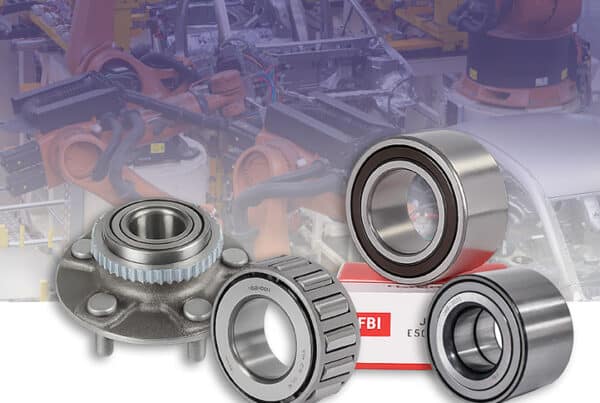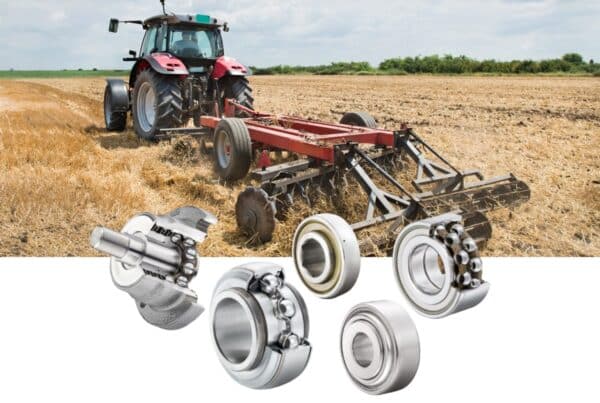Bearings play a significant role in the free and unrestricted movement of mechanical parts or components, from your car wheels to your skateboards as well as many other things too. Bearings bear the weight of the load and make things move without any or with much less friction. In a world without bearings, mechanically moving parts will malfunction and stick, preventing smooth operation. Bearing life can be affected based on the type of bearing, the load they are asked to carry and the maintenance schedule. Properly maintained, bearing life can be extended and downtime can be reduced.
Here are seven tips for bearing maintenance to help ensure a longer lifespan.
- Handle with care
Bearings are delicate enough to get damaged quickly. As such, it is very important that they are stored horizontally in a clean and dry environment with their packaging intact. Do not expose them to any airborne contaminants, as even a tiny speck of dirt can cause premature failure. Never hammer or pound them, or apply a direct force on it or its outer ring, which can cause damage to the rolling elements, resulting in misalignment. The most important thing to remember is to never remove bearings from their packaging until ready for use.
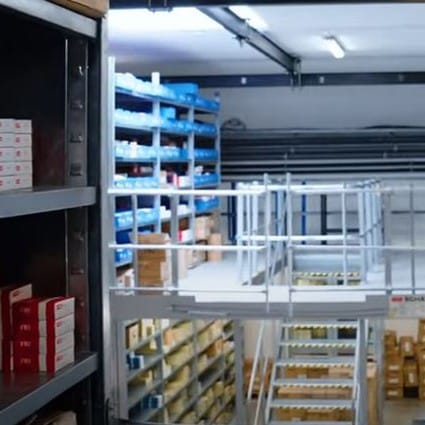
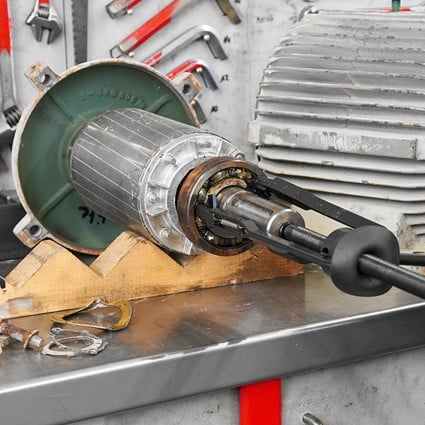
2. Professional handling
Appropriate tools must be used for the professional handling of bearings. When installing and removing bearings, tools not specially used can cause unnecessary damage, dents and wear. Simatec bearing pullers or induction heaters, for example, are specially designed for the professional removal and installation of bearings.
3. Proper lubrication
If you want to have a prolonged life of your bearings, it is crucial that they should be properly lubricated. The correct lubricant depends on the environmental conditions, temperature, speed and load. In this case, it is advisable that you should follow your manufacturer’s recommendations. The use of automatic lubrication systems ensures optimal lubrication for the bearings.
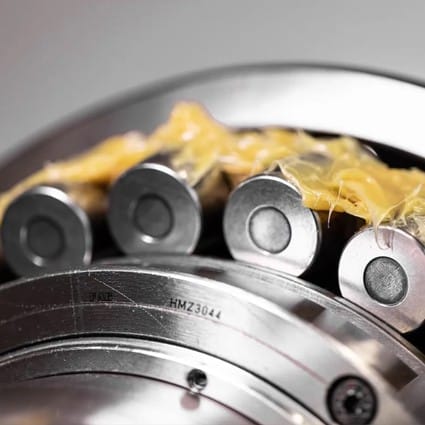
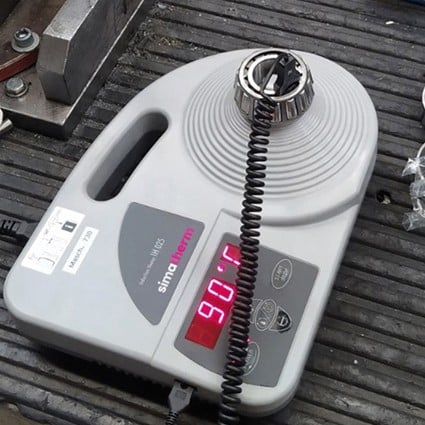
4. Avoid preheating or overheating
The maximum heating allowed on the bearings depends on the heat treatment of the material. If they are heated above the permitted limit, they can permanently deform or soften the bearing steel, lowering load carrying capacity and resulting in a failure. Always heat the bearings using induction heaters, and never with an open flame.
5. Avoid corrosion
It is crucial that you should not expose bearings to the presence of water for a long time, as it will lead to rust and corrosion. It will also cause the premature failure of the bearings, which can affect the machine performance and productivity. As a result, it will increase your operating costs. Also, make sure to wear gloves when handling bearings. Perspiration can also lead to rust and corrosion. In a specifically corrosive environmental choosing the right bearing is crucial. For example, sealed bearings made of stainless steel are often a good choice, even in chemical plants.
You can find stainless steel bearings with the suffix SS in our online store!
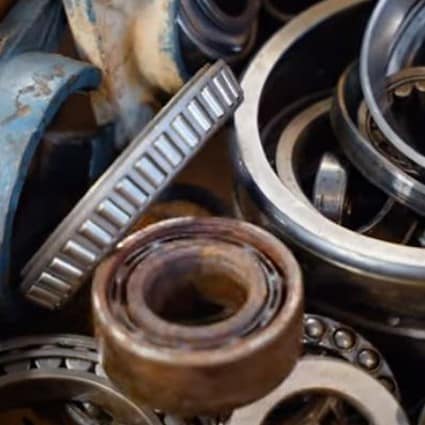
6. Regular inspection.
It is rare for a bearing to fail without any warning signs. Excessive noise, vibration, or an increase in temperature may be a symptom of a deeper problem. If a bearing shows any operational abnormalities, it should be observed more carefully.
7.You are looking for the experts
Finally, if in doubt, seek expert help. The expert colleagues of Bearing Kft. can advise on the most suitable maintenance methods for the given application.
Phone:
+36 1 203 5000
e-mail:
ugyfelszolgalat@bearing.hu


